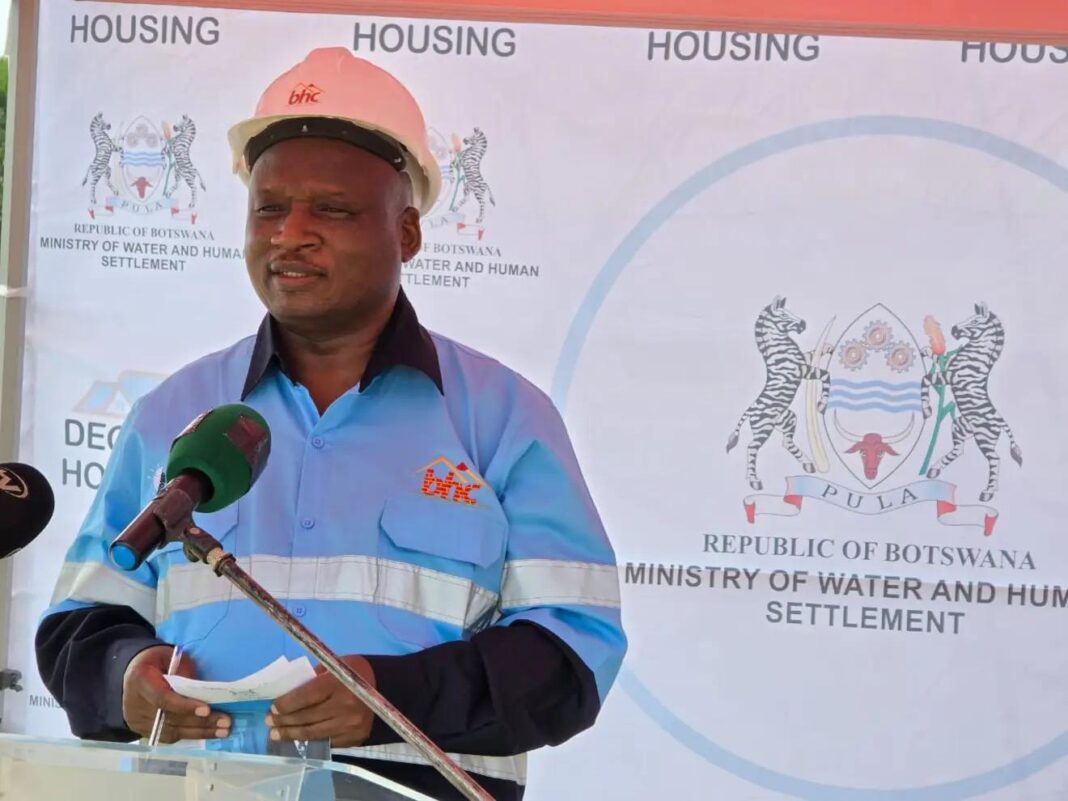The Botswana Government’s ambitious Bonno Housing Project, aimed at constructing 3,000 homes, marks a significant step towards addressing the nation’s housing needs and injecting vitality into the economy. By offering three distinct loan options – P282,000.00, P325,000.00, and P491,000.00 – tailored for individuals earning between P95,001.00 and P282,120.00 annually, the initiative demonstrates a nuanced understanding of the diverse financial capacities within this income bracket. Furthermore, the inclusive provision for pensioners and those without formal income, backed by eligible sureties, broadens the reach and impact of this crucial project.
Economically, the Bonno Housing Project is poised to generate substantial positive ripple effects. The sheer scale of constructing 3,000 homes will stimulate significant activity within the local construction industry. This includes job creation across various sectors, from skilled laborers and artisans to material suppliers and transporters. The demand for locally sourced building materials, where feasible, will further bolster domestic industries and contribute to economic diversification. Beyond the construction phase, new homeowners will contribute to local economies through property taxes, utility consumption, and the purchase of household goods and services, fostering sustainable economic growth at the grassroots level.
In terms of affordable housing, the Bonno Project directly addresses a critical need. By providing structured loan options within a defined income range, the government is facilitating access to homeownership for individuals who might otherwise be priced out of the market. This initiative moves beyond simply building houses; it’s about creating pathways to asset accumulation and financial security for Batswana. The inclusion of pensioners and those without formal income, through the surety system, is particularly commendable as it acknowledges and attempts to address the unique challenges faced by these segments of the population in securing housing.
The benefits for young people, a demographic often challenged by housing affordability, are particularly noteworthy. By targeting individuals within the specified income bracket, many young professionals and families will find a tangible opportunity to enter the property market. Owning a home provides a stable foundation for building wealth and security for the future. Beyond the individual benefits, increased homeownership among young people can contribute to greater social stability and a more engaged citizenry. It fosters a sense of belonging and investment in the community.
However, for the Bonno Housing Project to achieve its full potential, meticulous planning and execution are crucial. Ensuring transparency in the allocation process, maintaining high construction standards, and providing adequate infrastructure to support these new communities will be paramount. Furthermore, ongoing evaluation of the project’s impact on both the economy and housing affordability will be essential to inform future housing initiatives.
In conclusion, the Bonno Housing Project represents a commendable and potentially transformative undertaking by the Botswana Government. Its strategic focus on a specific income bracket, coupled with its inclusive provisions and the sheer scale of development, promises to deliver significant economic benefits and expand access to affordable housing. For young people, it offers a tangible pathway to homeownership and a stake in the nation’s future. With careful implementation and continuous evaluation, the Bonno Housing Project can lay a strong foundation for a more prosperous and equitable Botswana.
NB: This is an opinion piece.



